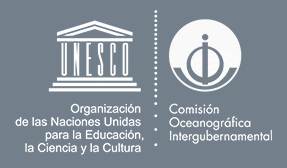Displaying 893 results.
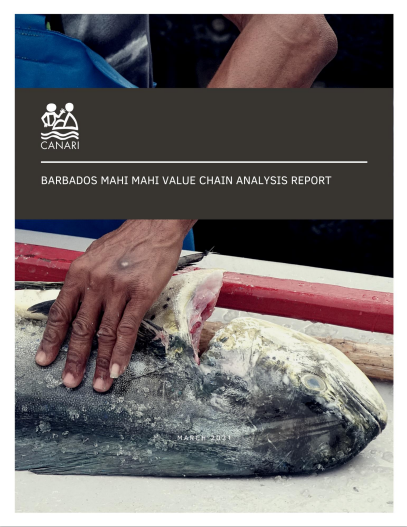
StewardFish: Barbados Mahi Mahi Value Chain Analysis Report
Mahi mahi (Coryphaena hippurus) was the second largest fish species in total fish catch for Barbados in
2016. It accounted for 24.5 percent of the catch. It was second to the four-winged flying fish, which is,
traditionally, the largest contributor to fish catch, at 28.4 percent in that year. In Barbados, mahi mahi is
normally caught using iceboats and longliners. Landings in 2018 were only 47 percent of the landings in
2009 and have been at low levels since 2010, relative to the historical catch, where landings reached a
high of 2011 tonnes in 1988.
The mahi mahi fishery in Barbados is under significant threat from increasing numbers of juveniles being easily caught near floating sargassum mats. The increase in sargassum since 2011, due to climate
change or other factors, is likely to further exacerbate this problem. Consumers have also been demanding the smaller-sized mahi mahi in recent years, as this is more affordable, and this behaviour
has intensified as a result of limited incomes due to the COVID-19 pandemic. Furthermore, female
vendors were disproportionately affected due to the pandemic, since they generally did not own a
vehicle, and therefore could not engage in mobile sales to households. The COVID-19 pandemic has
accelerated the growth of online, telephone, and mobile (WhatsApp) retail channels. Growth in these
retail channels is expected to continue in the future.
Industry stakeholders unanimously agree that the fishery’s sustainability is under severe threat, given
the small landings of mahi mahi, and also because the quantity of landings have not recovered in recent years, and remains very low. In addition, while the global mahi mahi market is expanding, consumers in these markets are increasingly demanding traceability of the product as well as mahi mahi from sustainably-managed fisheries with needed certifications. Further, the Barbados mahi mahi fishery continues to show variability in its inter-year abundance, even with the increased landings of juveniles.
The development of a minimum-sized regulation for the species is commendable, but this needs to be
put into law to encourage less landings of juveniles. One significant strength of the mahi mahi fishery is
the vibrant fisherfolk organisation, Barbados National Union of Fisherfolk Organisations (BARNUFO),
which works closely with the private sector, government, and research and development agencies to
provide training and policy support for fishers and vendors. In the first quarter of 2021, BARNUFO’s
members are expected to access health and life insurance through a new product by insurers Sagicor.
This would provide much-needed livelihood support for fishers and vendors and their families.
In addition to promoting new systems by which vendors and processors can market their products
locally, mahi mahi appears to have good market potential in the Caribbean Community (CARICOM)
region, as this high-valued product is often utilised by the tourism sector, which was growing well preCOVID-19, especially in countries such as Antigua and Barbuda. New value-added products, such as fish burger patties, fish fingers, and fish sausages have growing international appeal as consumers look for healthier food options. As the local and regional tourism sectors recover in the short to medium term, hoteliers and restaurant owners should be targeted for new business opportunities.
Author: Hutchinson, Sharon D. and Girvan, Alexander S.T.
Year: –2021
Keywords: fisheries, value chain, sustainability
 4
4


 Report issue
Report issue
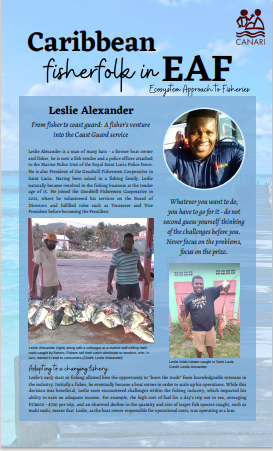
StewardFish: Caribbean Fisherfolk in Ecosystem Approach to Fisheries (EAF) – Leslie Alexander
Thislivelihood profile was produced by the CaribbeanNatural ResourcesInstitute(CANARI) with funding from the Developing Organisational Capacity for Ecosystem Stewardship and Livelihoodsin Caribbean Small-Scale Fisheries(StewardFish) project which is being implemented by the Food and Agriculture Organizationof the UnitedNations(FAO) and executed by the CaribbeanICT Research Programme of
theUniversity of the WestIndies (UWI-CIRP), CANARI, CaribbeanNetwork of Fisherfolk Organisations(CNFO), Caribbean Regional Fisheries Mechanism (CRFM) and the Centrefor Resource Management and Environmental Studies of the University of the WestIndies(UWI-CERMES) incollaboration with the Fisheries Divisions/Departmentsin Antigua and Barbuda, Barbados, Belize, Guyana, Jamaica, Saint Lucia and St. Vincent and the Grenadines. StewardFish isfunded by the Global Environmental Facility (GEF)
Author: CANARI
Year: –2021
Keywords: EAF, Fisheries
 4
4


 Report issue
Report issue
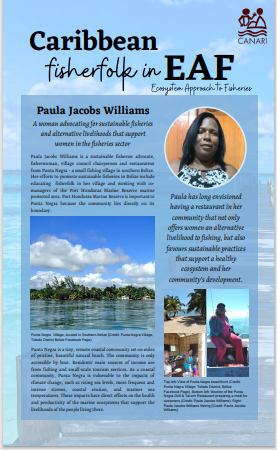
StewardFish: Caribbean Fisherfolk in Ecosystem Approach to Fisheries (EAF) – Paula Jacobs Williams
Thislivelihood profile was produced by the CaribbeanNatural ResourcesInstitute(CANARI) with funding from the Developing Organisational Capacity for Ecosystem Stewardship and Livelihoodsin Caribbean Small-Scale Fisheries(StewardFish) project which is being implemented by the Food and Agriculture Organizationof the UnitedNations(FAO) and executed by the CaribbeanICT Research Programme of the University of the WestIndies (UWI-CIRP), CANARI, CaribbeanNetwork of Fisherfolk Organisations(CNFO), Caribbean Regional Fisheries Mechanism (CRFM) and the Centrefor Resource Management and Environmental Studies of the University of the WestIndies(UWI-CERMES) incollaboration with the Fisheries Divisions/Departmentsin Antigua and Barbuda, Barbados, Belize, Guyana, Jamaica, Saint Lucia and St. Vincent and the Grenadines.
StewardFish isfunded by the Global Environmental Facility (GEF).
Author: CANARI
Year: –2021
Keywords: fisherfolk, fisheries, EAF
 3
3


 Report issue
Report issue
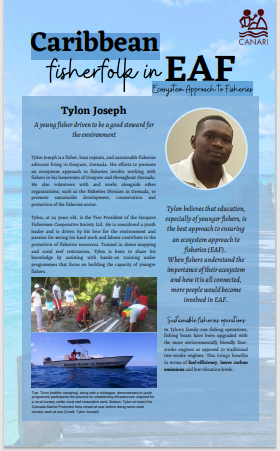
StewardFish: Caribbean Fisherfolk in Ecosystem Approach to Fisheries (EAF) – Tylon Joseph
This livelihood profile was produced by the Caribbean Natural Resources Institute (CANARI) with funding from the Developing OrganisationalCapacity for Ecosystem Stewardship and Livelihoods in Caribbean Small-Scale Fisheries (StewardFish) project which is being implemented by the Foodand Agriculture Organization of the United Nations (FAO) and executed by the Caribbean ICT Research Programme of the University of the West Indies(UWI-CIRP), CANARI, Caribbean Network of Fisherfolk Organisations (CNFO), Caribbean Regional Fisheries Mechanism (CRFM)and the Centre for Resource Management and Environmental Studies of the University of the West Indies (UWI-CERMES) in collaboration with theFisheries Divisions/Departments in Antigua and Barbuda, Barbados, Belize, Guyana, Jamaica, Saint Lucia and St. Vincent and the Grenadines.StewardFish is funded by the Global Environmental Facility (GEF).
Author: CANARI
Year: –2021
Keywords: fisheries, blue economy, fisherfolk
 4
4


 Report issue
Report issue
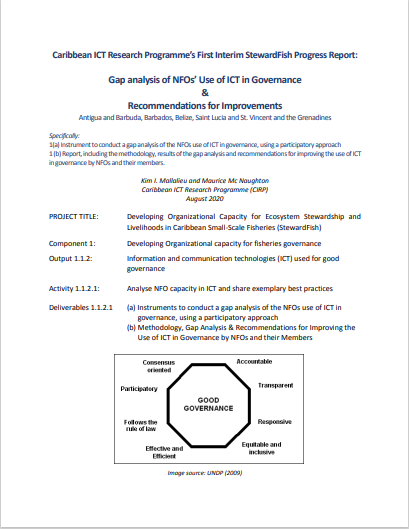
StewardFish: Caribbean ICT Research Programme’s First Interim StewardFish Progress Report: Gap analysis of NFOs’ Use of ICT in Governance & Recommendations for Improvements
This report analyzes current gaps in the use of ICT for governance by national fisherfolk organizations
(NFOs) in Antigua and Barbuda, Barbados, Belize, Saint Lucia and St. Vincent and the Grenadines. The
findings of the gap analysis direct recommendations for remediation strategies and actions. These
recommendations recognize the critical role of the Caribbean Network of Fisherfolk Organizations (CNFO)
in strengthening the proposition of, and provisions for ICT for NFO governance.
Author: Mallalieu, K and Mc Naughton, M
Year: 2020
Keywords: fisheries
 2
2


 Report issue
Report issue
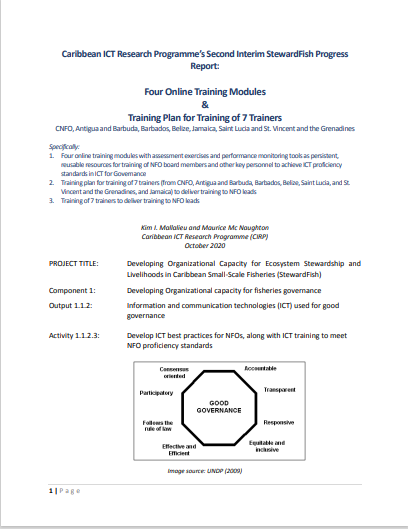
StewardFish: Caribbean ICT Research Programme’s Second Interim StewardFish Progress Report: Four Online Training Modules & Training Plan for Training of 7 Trainers
This second interim progress report of the Caribbean ICT Research Programme (CIRP) for the Developing
Organizational Capacity for Ecosystem Stewardship and Livelihoods in Caribbean Small-Scale Fisheries
(StewardFish) Project covers sub activities d – f of Activity 1.1.2.3: Develop ICT best practices for NFOs,
along with ICT training to meet NFO proficiency standards.
Author: Mallalieu, K and Mc Naughton, M
Year: 2020
Keywords: fisheries
 4
4


 Report issue
Report issue
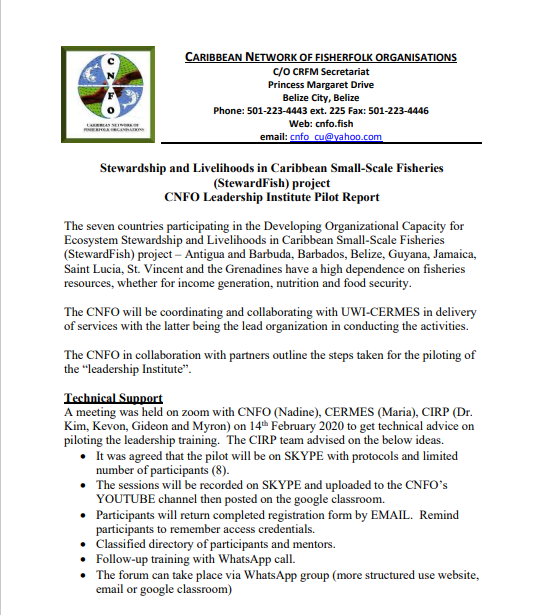
StewardFish: CNFO Training Report – Developing Organizational Capacity for Ecosystem Stewardship and Livelihoods in Caribbean Small-Scale Fisheries
The seven countries participating in the Developing Organizational Capacity for
Ecosystem Stewardship and Livelihoods in Caribbean Small-Scale Fisheries
(StewardFish) project – Antigua and Barbuda, Barbados, Belize, Guyana, Jamaica,
Saint Lucia, St. Vincent and the Grenadines have a high dependence on fisheries
resources, whether for income generation, nutrition and food security.
The CNFO will be coordinating and collaborating with UWI-CERMES in delivery
of services with the latter being the lead organization in conducting the activities.
The CNFO in collaboration with partners outline the steps taken for the piloting of
the “leadership Institute”
Author: Caribbean Network of Fisherfolk Organisations
Year: 2020
Keywords: fisheries
 4
4


 Report issue
Report issue
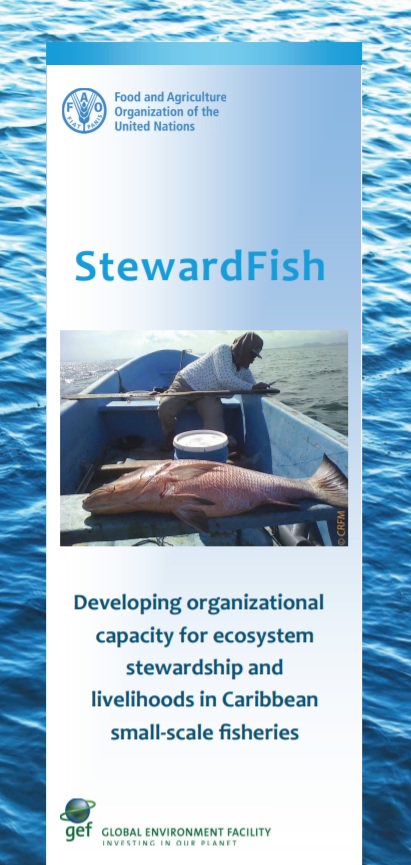
StewardFish: Developing organizational capacity for ecosystem stewardship and livelihoods in Caribbean small-scale fisheries
This brochure summarizes the objectives and components of the Stewardship Project, which include: empowering fisherfolk throughout fisheries value chains to engage in resource management, decision-making processes and sustainable livelihoods, with strengthened institutional support at all levels in the Caribbean and North Brazil Shelf Large Marine Ecosystem (CLME+) region.
Author: FAO
Year: 2020
Keywords:
 4
4


 Report issue
Report issue
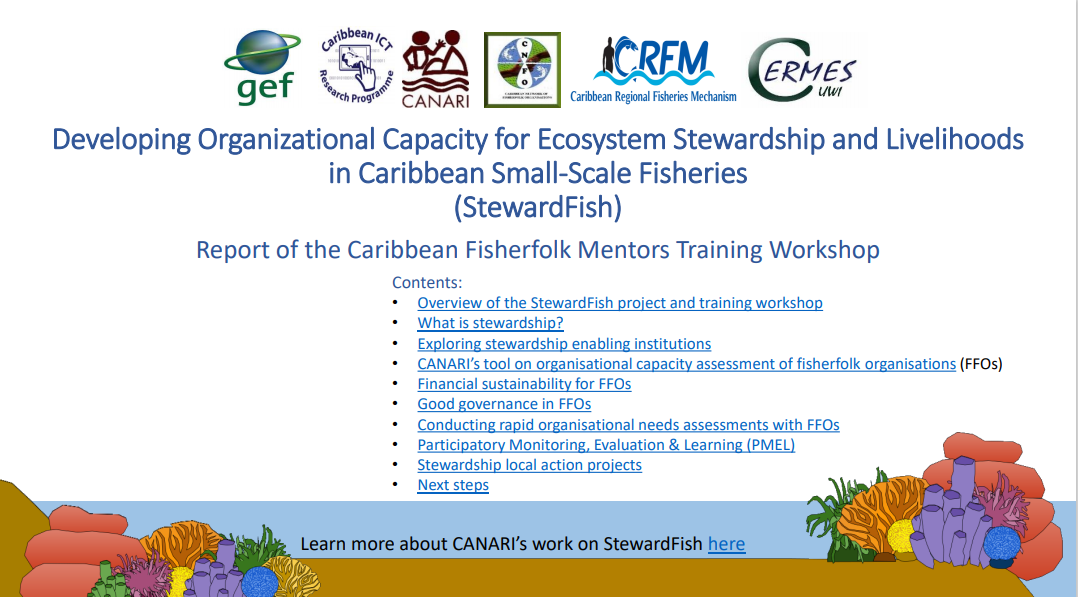
Stewardfish: Developing Organizational Capacity for Ecosystem Stewardship and Livelihoods in Caribbean Small-Scale Fisheries
Who?
23 representatives including 7 Mentors, 6 Mentees (National/Lead Primary FFOs) and 10 Fisheries Department representatives from the
project countries: Antigua and Barbuda, Barbados, Belize, Guyana, Jamaica, Saint Lucia, St. Vincent and the Grenadines.
Why?
To orient the mentors, FFO representatives and lead contacts from fisheries agencies to conduct organisational capacity assessments for
FFOs, provide FFO organisational strengthening and participatory institutional mechanisms for effective collaboration between fisheriesrelated agencies and FFOs.
How?
A four-day training workshop from 29th October – 1 November 2019, in St. Vincent and the Grenadines facilitated by CANARI.
Results
The 23 representatives who participated in the training workshop:
✓ Strengthened their skills and knowledge in conducting organisational needs assessments, financial sustainability for fisherfolk
organisations, good governance, participatory monitoring, evaluation and learning – particularly in the context of capacity building for
stewardship practical actions.
✓ Benefited from peer learning through sharing experiences and perspectives as professionals within fisheries agencies and fisherfolk
organisations along with their country mentors.
✓ Strengthened their relationships with each other which has benefits for regional sharing and learning as the project progresse
Author: CANARI
Year: –2021
Keywords:
 4
4


 Report issue
Report issue
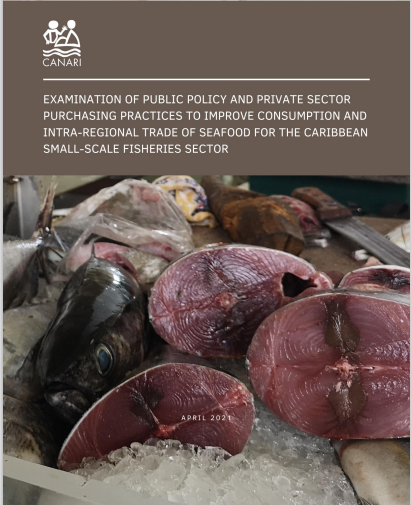
StewardFish: EXAMINATION OF PUBLIC POLICY AND PRIVATE SECTOR PURCHASING PRACTICES TO IMPROVE CONSUMPTION AND INTRA-REGIONAL TRADE OF SEAFOOD FOR THE CARIBBEAN SMALL-SCALE FISHERIES SECTOR
In the Caribbean region, small-scale fisheries play a vital role in the economies of coastal
communities and rural livelihoods. Fisheries provide important sources of income, employment,
food and are an essential aspect of many people’s identities.
If done sustainably, increasing the consumption and trade of seafood in the Caribbean region
contributes to several positive economic outcomes, including increased food security, enhanced
income, and reduced food importation bills. It can also have positive socio-economic outcomes
through improved economic resilience and enhanced community health.
Within the Caribbean Community (CARICOM), most nations are net importers of food and food
products, importing a combined USD 5 billion in 2018. The trend follows in the seafood sector, with
national and regional supplies of seafood and fish products generally unable to satisfy robust
demand across CARICOM nations. Further, while seafood consumption in the Caribbean region is
high1 compared to global averages, it is 30 percent less than comparable Pacific Small Island
Developing States. In simple terms, there is significant room for increasing both intra-regional
(CARICOM-CARICOM) trade of seafood products and the consumption of regional seafood products.
This report outlines the results of a review of public policy and private sector purchasing practices
related to the intra-regional trade and consumption of seafood products in the CARICOM region. The
review was conducted by interviewing 14 key informants and reviewing related national and
regional policies and other documents.
Moreover, this report enumerates the challenges to trade and consumption, the opportunities that
exist and recommendations that could be followed to address challenges and leverage existing
opportunities.
Among the main challenges to trade of seafood products are those related to transportation, cold
chain management, regulations and non-tariff barriers, including the use of ‘outdated’ trade
legislation. The main challenges to seafood consumption included the high cost of seafood when
compared to protein alternatives; low taxation rates of ‘cheaper’ imported seafood products;
insufficient supply of products that are attractively packaged and processed; inadequate levels of
consumer awareness of alternative species; and inadequate incentives for incorporation of seafood
into government programmes, such as school feeding programmes.
Despite these challenges, numerous opportunities exist to enhance intra-regional trade and
consumption of seafood products. These include making use of underutilised species; linking
seafood consumption to dietary solutions to non-communicable diseases (NCDs); improving value
addition and reducing product wastage and capitalising on increased interest in the sustainable blue
economy.
Author: Girvan, A
Year: –2021
Keywords: CARICOM, Seafood, fisheries, trade
 4
4


 Report issue
Report issue










